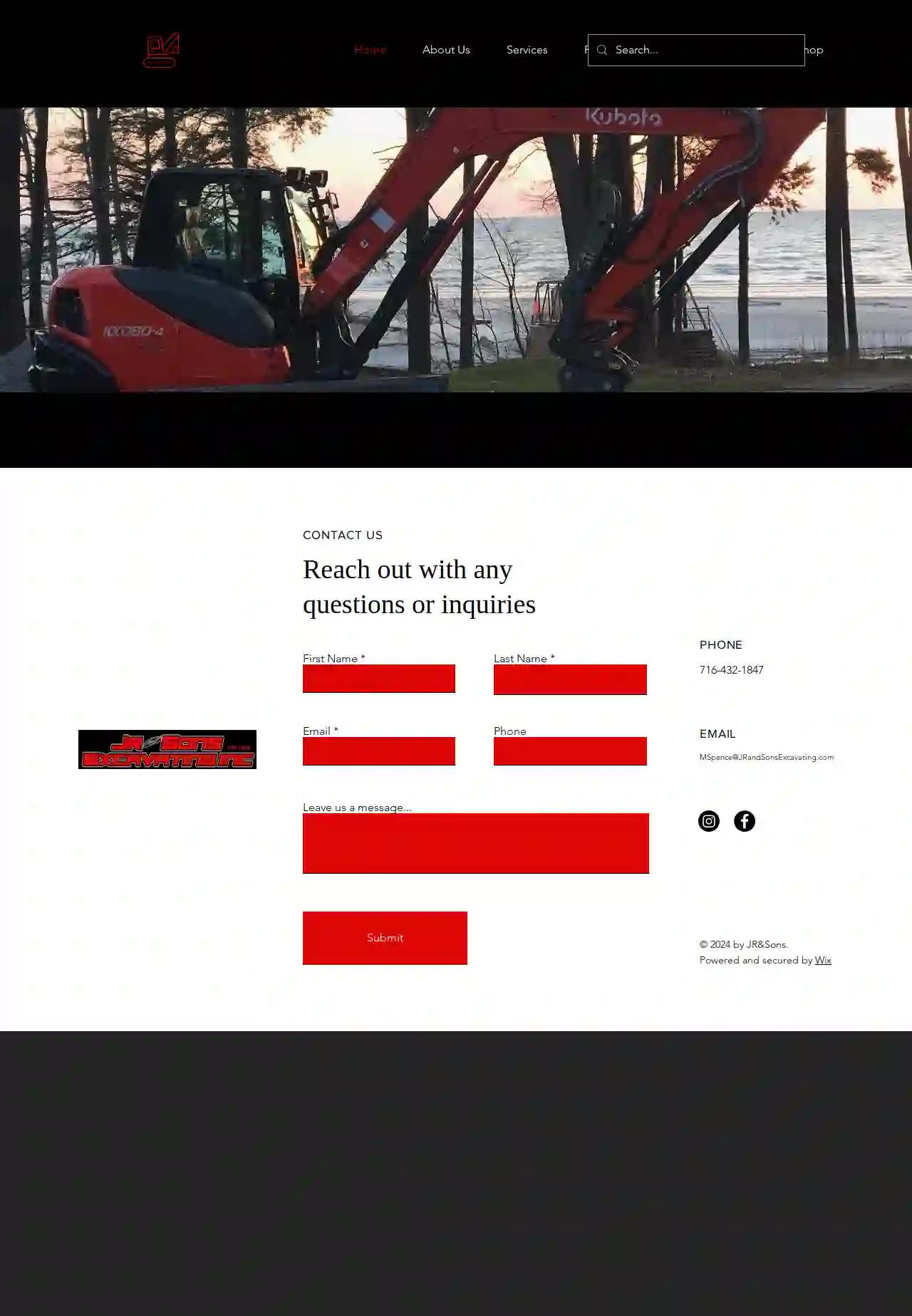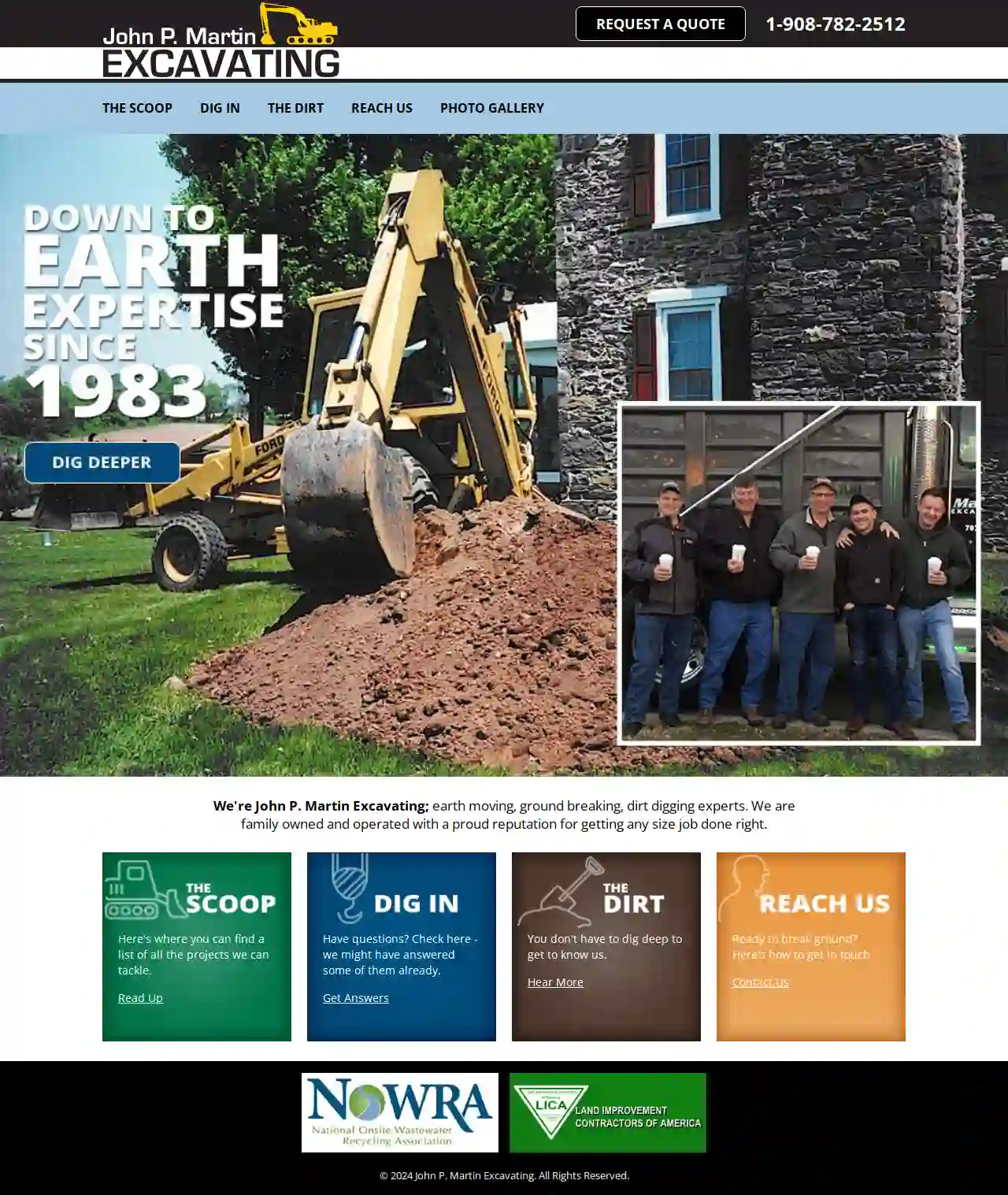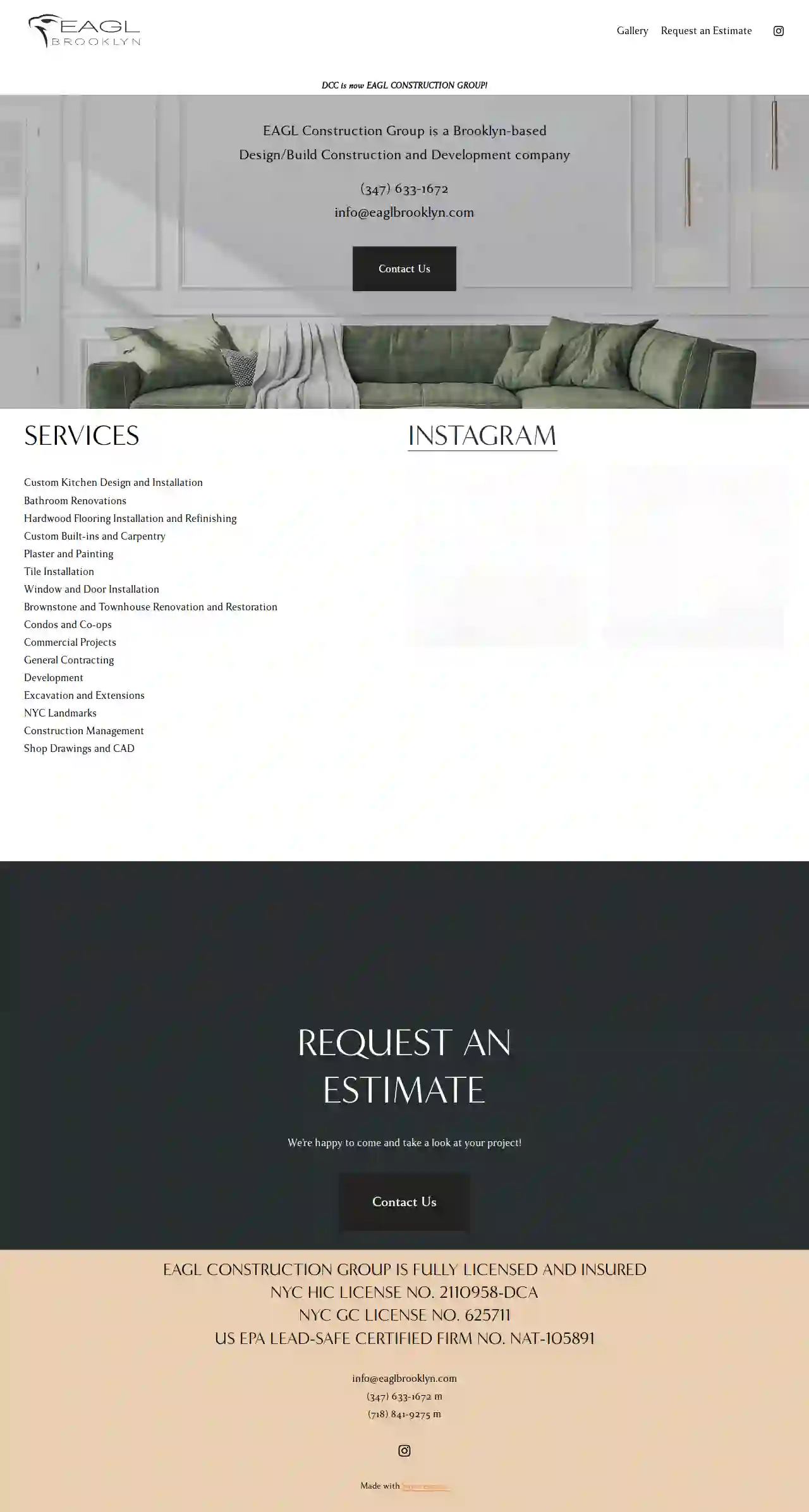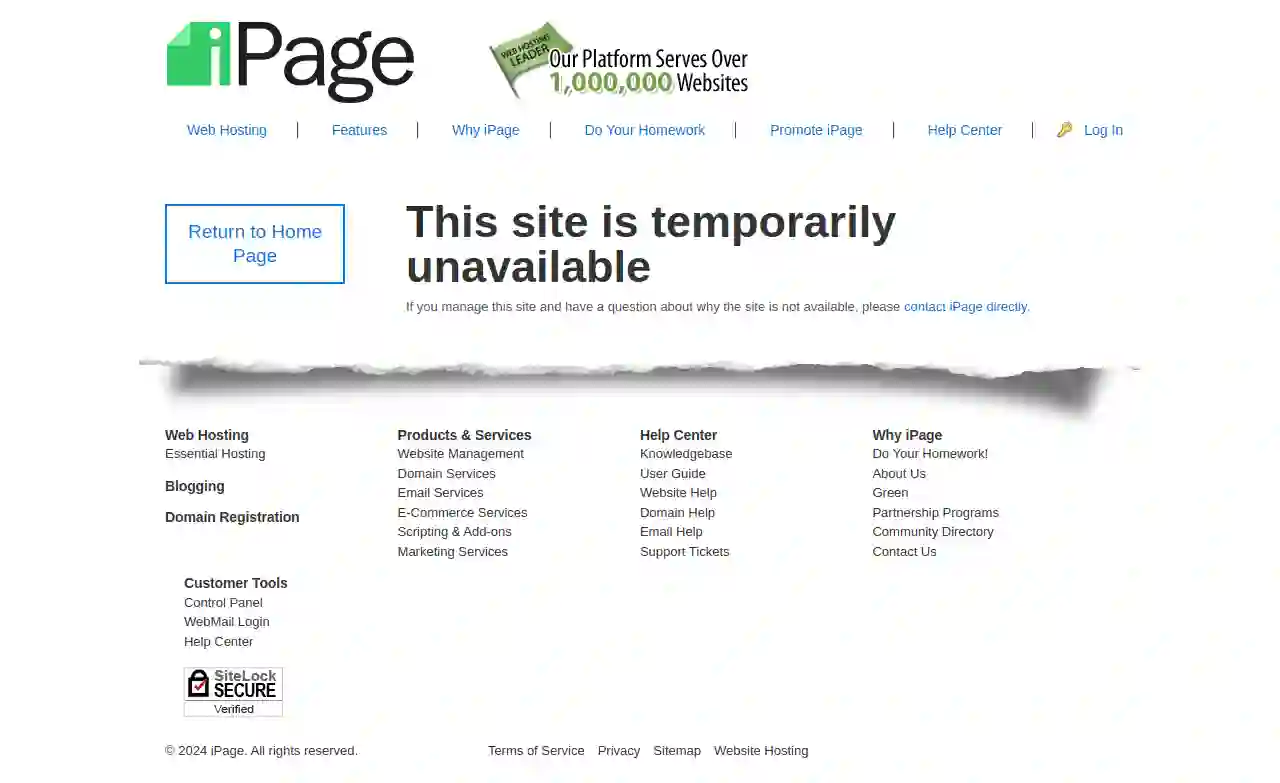Demolition Contractors Sodus
Find the best Local Demolition Contractors in Sodus
Get multiple Demolition Contractors quotes for your project today! Compare profiles, reviews, accreditations, portfolio, etc... and choose the best offer.

Ground Control Excavating Inc.
3.73 reviewsWarwick, USComplete Site Development, Excavation, & More… We provide complete land and site development services for projects of all sizes, including government, commercial, public, private, emergency, and residential projects. Ground Control Excavating, Inc. offers complete excavation services for residential and commercial projects. A premiere land-site excavating contractor, as well as, first-responder for emergencies and natural disasters in the NY area, we are committed to providing the highest level of quality to our customers throughout Orange, Sullivan, Rockland, Westchester counties and the entire Hudson Valley, NY area. GCE is based out of Warwick, NY. We provide complete site development, road development, rock hammering, rock crushing, concrete recycling, underground utilities, septic systems, drainage, top soil, and much more. We service Warwick, Monroe, Middletown, Goshen, Newburgh and the entire Hudson Valley. Experienced Construction Professionals We will work with you to achieve a common goal on time and on budget!
- Services
- Why Us?
- Gallery
Get Quote
Buraq Construction Inc
571 reviews1307 Foster Ave, Brooklyn, 11230, USAbout Us Buraq Construction Company was established to offer general construction business in New York City, and has been giving excellent service for more than 10 years. We are the specialists in luxury construction services of the highest standard and safety while keeping up the same standards and quality. Our experienced team is well-versed in navigating the complexities of city regulations and addressing violations efficiently and effectively.
- Services
- Why Us?
- Gallery
Get Quote
LONG ISLAND EXCAVATION
240 Elwood Road, East Northport, 11731, USBongiorno's Contracting Professional groundwork and excavation service from one of the leading construction excavation companies in New York. There is a lot more to groundwork than just moving earth. Our extensive experience ensures that all concerns and laws relating to the environment, civil engineering and health and safety are taken into account to give you peace of mind. Reasons for Choosing Our Company Established 70 years in business on Long Island Licensed and Insured Home Improvement Contractors No Sub-Contracting, All the work is done by our team Many Recent Job References Family Owned and Operated Using only quality materials Forms of Payments Excepted: Credit Cards (VISA, Mastercard, American Express, Discover), Personal checks, Cashier Checks. Suffolk County Home Improvement License 9615-H Our Team (Left to Right) Charles F. Bongiorno 111 - Charles F. Bongiorno Jr. - Charles F. Bongiorno Sr. Corporate Office Chuck Bongiorno As. Bs. Ms. 240 Elwood Road East Northport, New York 11731 Business Phone: (631) 368-9086 Cell Phone: (631) 848-3190 Yard: (631) 368-8123 Email: [email protected]
- Services
- Why Us?
- Our Team
- Gallery
Get Quote
JR & SONS EXCAVATING
51 reviewsEden, USAbout JR & Sons Excavating JR & Sons Excavating is a family-owned business with over 30 years of experience in the fields of Excavating and Landscape Architecture. We are dedicated to providing our clients with the highest quality service and workmanship. Our team is equipped with the best equipment and knowledge to safely and effectively complete any project you desire. Owner and Operator, Joe Chimera, focuses great emphasis on every individual's needs so that their project will be executed to the highest standards. Joe and his team are committed to exceeding your expectations and delivering exceptional results. We take pride in our equipment and utilize top products in our industry to ensure your project is completed efficiently and to the highest standards.
- Services
- Why Us?
- Gallery
Get Quote
John Martin Excavating
510 reviews123 Main Street, City, 12345, USAbout JPMartinez Excavating JPMartinez Excavating is a family-owned and operated business serving the greater [CITY] area. We have over 20 years of experience in the excavating industry, providing high-quality services to both residential and commercial clients. Our commitment to customer satisfaction and attention to detail has earned us a reputation for excellence in the community. We understand that excavating projects can be complex and require a high level of expertise. That's why we have a team of skilled and experienced professionals who are dedicated to providing you with the best possible service. We use only the latest equipment and techniques to ensure that your project is completed on time and within budget. Whether you need site preparation, foundation work, utility installation, or any other excavating service, JPMartinez Excavating is the company to call. We are committed to providing our clients with the highest level of service and satisfaction. Contact us today for a free estimate.
- Services
- Why Us?
- Testimonials
Get Quote
EAGL Construction Group LLC
52 reviewsBrooklyn, USEAGL Construction Group is a Brooklyn-based Design/Build Construction and Development company. We specialize in a wide range of services, from custom kitchen design and installation to bathroom renovations, hardwood flooring, and more. We also offer general contracting, development, excavation, and extensions for both residential and commercial projects. Our team of experienced professionals is dedicated to providing our clients with the highest quality workmanship and customer service. We are fully licensed and insured, and we are committed to exceeding your expectations. Whether you are looking to renovate your bathroom, build a new kitchen, or simply need help with a small repair, EAGL Construction Group is here to help. Contact us today for a free consultation.
- Services
- Why Us?
- Gallery
Get Quote
Fairhaven Excavation
34 reviewsNew York, USiPage is a leading provider of web hosting and domain names for both home and business users. We offer a wide range of products and services to meet your needs, including essential hosting, blogging, domain registration, website management, domain services, email services, e-commerce services, scripting & add-ons, and marketing services. Our commitment to providing high-quality, reliable services is reflected in our customer satisfaction ratings and our dedication to green initiatives. We are proud to be a trusted partner for businesses and individuals alike.
- Services
- Why Us?
- Gallery
Get Quote
Site Right Excavation, LLC
123 Main Street, Anytown, 12345, USSite Right Excavation: Your Trusted Partner for Excavation Services Site Right Excavation is a family-owned and operated business with over 20 years of experience in the excavation industry. We are committed to providing our clients with high-quality, reliable, and affordable excavation services. Our team of experienced professionals is dedicated to exceeding your expectations and delivering exceptional results. We understand that every project is unique, and we take the time to listen to your needs and develop a customized plan that meets your specific requirements. Whether you need site preparation, foundation excavation, utility installation, or any other excavation service, we have the expertise and equipment to get the job done right. At Site Right Excavation, we are committed to safety and environmental responsibility. We use the latest technology and equipment to ensure that our projects are completed safely and efficiently. We also strive to minimize our environmental impact by using sustainable practices and recycling materials whenever possible. Contact us today to schedule a free consultation and learn more about how we can help you with your next excavation project.
- Services
- Why Us?
- Testimonials
Get Quote
RND Construction
54 reviewsLocust Grove, Virginia, USServing Fredericksburg, VA & Surrounding Communities for Over 40 Years At RND Construction, we offer top tier excavation, land clearing and commercial construction services. We work diligently to meet our customer’s needs while adhering to industry standards in quality and safety. We are committed to completing our work with diligence and with extreme attention to detail. RND Construction is your top choice when it is time for your next job. Contact us today, our team is waiting to assist you! Expert & Professional Services Here at RND Construction we provide comprehensive services for homeowners and business owners across Fredericksburg, Virginia and the surrounding communities. We are experts in our field and are dedicated to providing superior workmanship and customer support. With over 40 years of professional experience, customer satisfaction is always our top priority.
- Services
- Why Us?
- Testimonials
- Gallery
Get Quote
L and M Excavation
52 reviewsClay, USL & M Excavation is a locally owned business, operated by veterans who take pride in the work they do. We constantly stay up to date with the latest equipment and techniques, ensuring that every job is completed safely and efficiently. We specialize in a wide range of land clearing and excavation services. We always deliver the highest quality workmanship and customer service. For a free quote, please contact us today. We are available to answer any questions you may have and are eager to assist you with your project.
- Services
- Why Us?
- Gallery
Get Quote
Over 22,076+ Excavation Contractors on our directory
Our excavation contractors operate in Sodus & surrounding areas!
ExcavationHQ has curated and vetted Top Excavation Pros near Sodus. Find the most reliable contractor today.
Frequently Asked Questions About Demolition Contractors
- 'Can I see proof of your licensing and insurance?' Verify their credentials and coverage.
- 'What experience do you have with projects like mine?' Ensure they have relevant expertise.
- 'Can you provide references from past clients?' Check their reputation and customer satisfaction.
- 'What are your safety protocols?' Prioritize contractors who emphasize safety.
- 'How will you handle hazardous materials?' Ensure they have proper procedures for asbestos or lead abatement.
- 'What is your timeline for completing the project?' Understand the project duration.
- 'How will you manage noise, dust, and debris?' Discuss mitigation measures for minimizing disruption.
- 'What are your payment terms?' Clarify payment schedules and any required deposits.
- Feasibility Studies: Assessing the viability and challenges of a demolition project.
- Demolition Planning: Developing demolition plans, including method selection, sequencing, and safety procedures.
- Permitting Assistance: Navigating the demolition permitting process and ensuring compliance with regulations.
- Hazardous Material Surveys: Identifying and managing hazardous materials, such as asbestos and lead paint.
- Cost Estimating: Providing accurate cost estimates for demolition services.
- Project Management: Overseeing the demolition process and ensuring it proceeds as planned.
- Site Security: Secure the demolition site with fencing and warning signs to prevent unauthorized access.
- Personal Protective Equipment (PPE): Workers should wear appropriate PPE, including hard hats, safety glasses, gloves, and steel-toe boots.
- Hazardous Material Removal: Properly identify and remove asbestos, lead paint, or other hazardous materials before demolition begins.
- Utility Disconnections: Disconnect all utilities, such as electricity, gas, and water, before demolition.
- Controlled Demolition Techniques: Employ controlled demolition methods to minimize risks and ensure the structure comes down safely.
- Dust Control: Implement dust suppression measures, such as water spraying or misting, to reduce airborne particles and protect air quality.
- Emergency Planning: Have an emergency plan in place, including communication protocols and evacuation procedures, in case of unforeseen events.
- Size and Complexity of the Structure: Larger and more complex structures, such as multi-story buildings, require more time, labor, and specialized equipment, increasing costs.
- Type of Demolition: Different demolition methods, such as implosion, wrecking ball, or high-reach demolition, have varying costs.
- Material Disposal: Disposal fees for demolition debris can contribute significantly to the overall cost, depending on the type and quantity of materials.
- Location and Accessibility: Demolition in densely populated areas or with limited access may require more planning and specialized equipment, affecting costs.
- Hazardous Materials: The presence of asbestos, lead paint, or other hazardous materials requires specialized removal and disposal procedures, adding to the expenses.
What questions should I ask a demolition contractor before hiring them?
What is the role of a demolition consultant?
What are the safety precautions for demolition?
How much does demolition cost in the USA?
What questions should I ask a demolition contractor before hiring them?
- 'Can I see proof of your licensing and insurance?' Verify their credentials and coverage.
- 'What experience do you have with projects like mine?' Ensure they have relevant expertise.
- 'Can you provide references from past clients?' Check their reputation and customer satisfaction.
- 'What are your safety protocols?' Prioritize contractors who emphasize safety.
- 'How will you handle hazardous materials?' Ensure they have proper procedures for asbestos or lead abatement.
- 'What is your timeline for completing the project?' Understand the project duration.
- 'How will you manage noise, dust, and debris?' Discuss mitigation measures for minimizing disruption.
- 'What are your payment terms?' Clarify payment schedules and any required deposits.
What is the role of a demolition consultant?
- Feasibility Studies: Assessing the viability and challenges of a demolition project.
- Demolition Planning: Developing demolition plans, including method selection, sequencing, and safety procedures.
- Permitting Assistance: Navigating the demolition permitting process and ensuring compliance with regulations.
- Hazardous Material Surveys: Identifying and managing hazardous materials, such as asbestos and lead paint.
- Cost Estimating: Providing accurate cost estimates for demolition services.
- Project Management: Overseeing the demolition process and ensuring it proceeds as planned.
What are the safety precautions for demolition?
- Site Security: Secure the demolition site with fencing and warning signs to prevent unauthorized access.
- Personal Protective Equipment (PPE): Workers should wear appropriate PPE, including hard hats, safety glasses, gloves, and steel-toe boots.
- Hazardous Material Removal: Properly identify and remove asbestos, lead paint, or other hazardous materials before demolition begins.
- Utility Disconnections: Disconnect all utilities, such as electricity, gas, and water, before demolition.
- Controlled Demolition Techniques: Employ controlled demolition methods to minimize risks and ensure the structure comes down safely.
- Dust Control: Implement dust suppression measures, such as water spraying or misting, to reduce airborne particles and protect air quality.
- Emergency Planning: Have an emergency plan in place, including communication protocols and evacuation procedures, in case of unforeseen events.
How much does demolition cost in the USA?
- Size and Complexity of the Structure: Larger and more complex structures, such as multi-story buildings, require more time, labor, and specialized equipment, increasing costs.
- Type of Demolition: Different demolition methods, such as implosion, wrecking ball, or high-reach demolition, have varying costs.
- Material Disposal: Disposal fees for demolition debris can contribute significantly to the overall cost, depending on the type and quantity of materials.
- Location and Accessibility: Demolition in densely populated areas or with limited access may require more planning and specialized equipment, affecting costs.
- Hazardous Materials: The presence of asbestos, lead paint, or other hazardous materials requires specialized removal and disposal procedures, adding to the expenses.